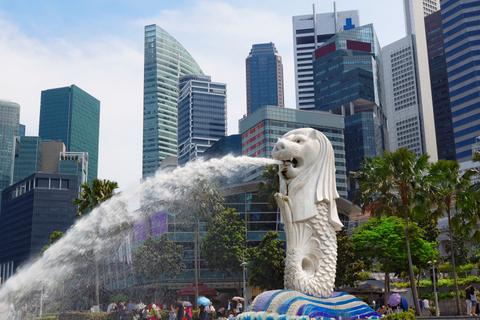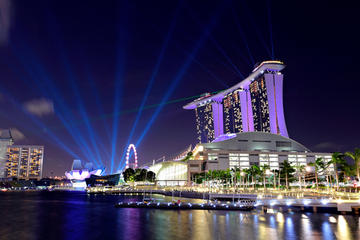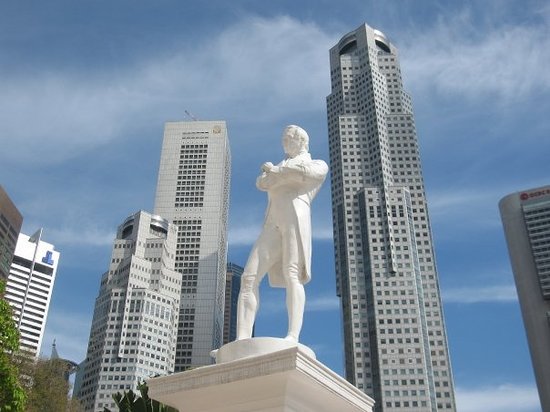Venue & Hospitality
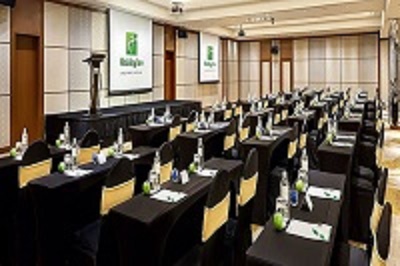
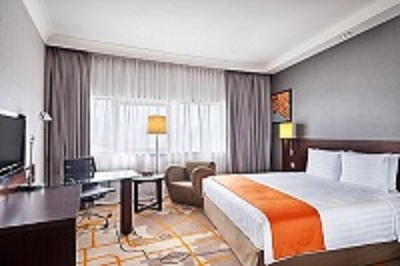

City Highlights
About City
As a city-state, Singapore is both the country and its capital. Singapore Island is the main island of Singapore, which is also called Pula Ujong. This island is the largest island of Singapore as well as the most populous, with a population of over 5 million.
Singapore, officially the Republic of Singapore, is a sovereign city-state and island country in Southeast Asia. It lies one degree (137 kilometers (85 mi)) north of the equator, at the southern tip of the Malay Peninsula, with Indonesia's Riau Islands to the south and Peninsular Malaysia to the north. Singapore's territory consists of one main island along with 62 other islets. Since independence, extensive land reclamation has increased its total size by 23% (130 square kilometers (50 sq. mi)). Singapore ranks 5th on the UN Human Development Index and the 3rd highest GDP per capita. It is ranked highly in education, healthcare, life expectancy, quality of life, personal safety and housing. Although income inequality is high, 90% of homes are owner-occupied. 38% of Singapore's 5.6 million residents are permanent residents and other foreign nationals. There are four official languages: English (common and first language), Malay, Mandarin and Tamil; almost all Singaporeans are bilingual.
Singapore is a unitary multiparty parliamentary republic, with a Westminster system of unicameral parliamentary government. The People's Action Party has won every election since self-government in 1959. The dominance of the PAP, coupled with a low level of press freedom and restrictions on civil liberties and political rights, has led to Singapore being classified by some as a semi-authoritarian regime. One of the five founding members of ASEAN, Singapore is also the host of the Asia-Pacific Economic Cooperation (APEC) Secretariat and a member of the East Asia Summit, Non-Aligned Movement and the Commonwealth of Nations.
Venue
Welcome to the Official Attendee Housing Site for the International Heart Conference with theme Essential Innovation in Contemporary Cardiology, which will be held at Holiday Inn Singapore . The conference will take place in the following location. Holiday Inn Singapore Atrium 1317 Outram Road Via ECP to Sheares Ave 21km RM SingaporeContact Details:
Mr. Kong Weng Chow
Senior Meeting & Events Manager
Holiday Inn® Singapore Atrium
317 Outram Road, Singapore 169075
T: +65 6731 7176

